Rural roads may seem wide open and safer due to their lower traffic levels. However, you may be surprised to hear that more than 20% of Ottawa’s major injury collisions between 2016 and 2020 were on rural roads. Rural accidents account for a full one-third of roadway fatalities.
Whether you’re a regular rural commuter or only venture outside city limits from time to time, it’s important to know the hazards of country driving. Use a few basic defensive strategies and treat rural motorways with respect to keep you and your passengers safe.
Know the hazards
Country roads aren’t like urban roads. They have a different structure that calls for awareness of different potential issues. When you’re driving outside of city limits, keep an eye out for these types of hazards.
Curves and sudden turns.
Many rural roads are straight and it can feel like they stretch on forever to the horizon; others offer low visibility due to trees crowding up to the edge of the road. In both cases, curves can seem to come out of nowhere, especially at night, in poor weather, or if you aren’t paying attention to signage.
Soft gravel shoulders.
While urban roads usually have paved shoulders, shoulders on country roads are usually gravel. If you need to pull to the shoulder, be aware that the surface may be looser and more unstable than you are used to, and be sure to slow down completely before pulling onto the shoulder. Also beware of drifting over the edge of the road, as the difference in surfaces can pull your wheels to the side.
Hidden intersections and driveways.
It can be hard to spot the places where farm laneways meet the main road, or where a smaller access road crosses the main road. Side roads may even be gravel or dirt, not asphalt, adding to the difficulty in spotting them. It’s important to watch signage and look for merging traffic, especially in the dark.
Slow-moving vehicles.
Farm equipment and tractors may be moving along country roads, which can be frustrating but require caution. Treat passing a farm vehicle the same way as you’d pass a regular vehicle. That means that even if the vehicle is pulled partway onto the shoulder, you should slow down, wait for a safe chance to pass, and make eye contact with the driver so he knows you will be passing before moving slowly around him.
Transport trailers and other large vehicles.
Over 50% of tractor-trailer accidents occur on rural roadways, and that means being extra careful when you come across one. Slow down, be patient, and wait for a place where lane markers indicate it is safe to pass.
Wildlife encounters.
Large animals such as deer and moose can sometimes cross your path on rural roads, but even smaller animals can be a danger if you aren’t prepared. Watch for signage, do not speed, and if you are confronted with an animal, do not swerve into opposing traffic. (Get all the details on what to do during an animal encounter on the road from our Animal Encounters blog post.)
Protect yourself
The best way to keep yourself and your passengers safe is to stay alert on rural roads. Accidents that occur on country roads often have a contributing factor that can be traced back to poor decisions made by drivers. Be aware of these common rural driving mistakes – and make the right choices.
Don’t speed.
Speeding on country roads is the number one driver error that can cause an accident or turn a small mistake into a fatality. Always, always respect the speed limit on rural roads even if the road seems quiet or deserted.
Don’t drive aggressively.
Rural roads are not the place to impatiently pass large vehicles that limit your visibility and cannot react quickly to unexpected actions on your part. Stay in your lane unless passing is completely safe and you have full visibility of the upcoming road, and don’t try to race home or dodge other cars on the roadway.
Don’t drive distracted.
With country roads often being long, straight, and relatively quiet, the temptation is there to crank the radio and zone out. But it’s exactly because hazards are rare that rural drivers must stay on the alert – ready to react if an unexpected curve or animal crosses their path, and to prevent drifting into the shoulder area.
Don’t drive impaired.
Impairment due to alcohol, drugs, or a combination is dangerous no matter what kind of road you’re cruising. If you’ve had too much, don’t imagine that quiet country roads are a safe alternative; impairment can be even more dangerous on unlit roads with intersections and shoulders that are hard to spot. Grab a couch or grab a cab and get home safely.
The Safer Roads Ottawa initiative will be paying close attention to rural drivers this summer and looking for speeding and other risky behaviours. Respect country road hazards, slow down, and be a good rural driver.
Earn your RoadSMARTS
Learn more about road safety by taking the #RoadSMARTS pledge. By taking the Road SMARTS Pledge, you Support Making All Road Travel Safe, which can help improve road safety for everyone. When road behaviours change, accidents are reduced. For more information and to take the pledge for free, visit https://www.ottawasafetycouncil.ca/road-smarts.
